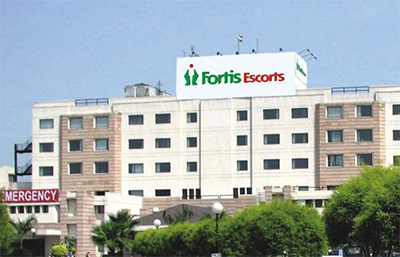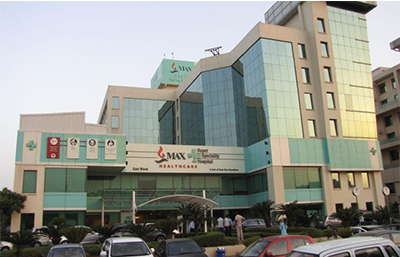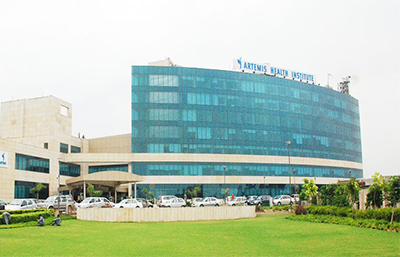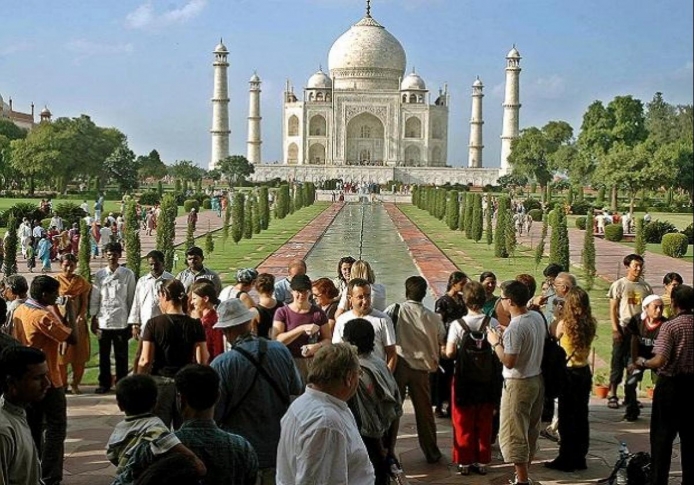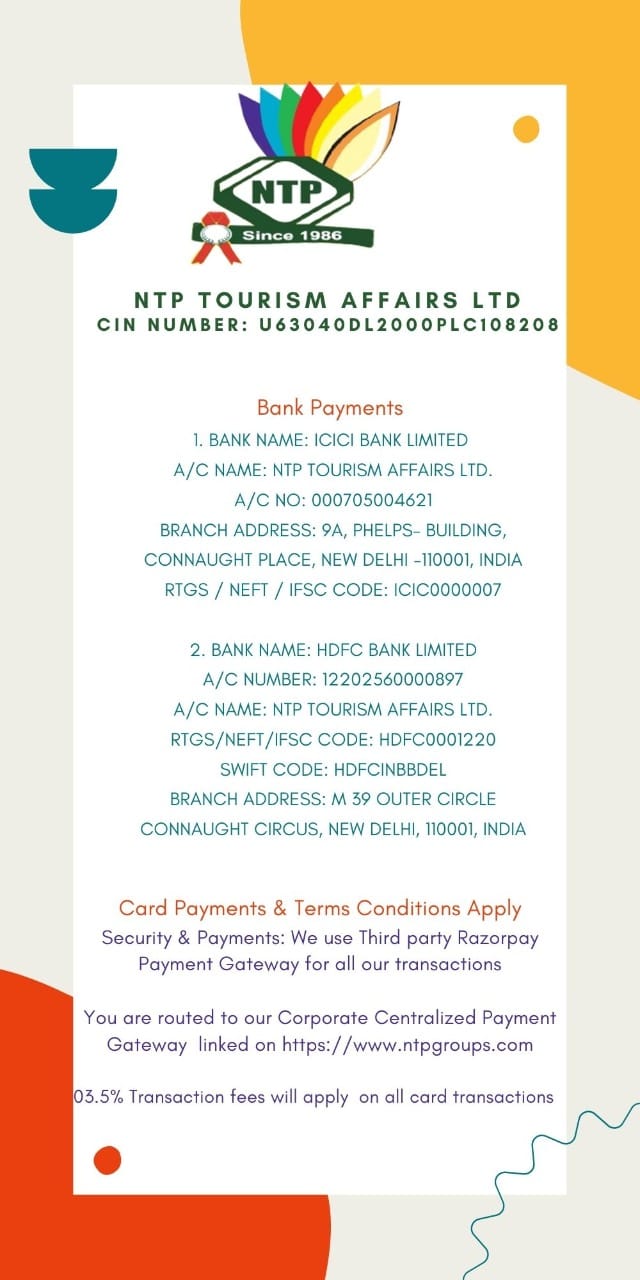From Survival to Revival: Perspectives on Travel and Tourism in Budget 2021
India's domestic tourism demand has previously insulated the domestic industry from global vagaries. We had seen this multiple times over the last two decades when the domestic industry remained buoyant despite a range of catastrophic events. Whether it was 9/11 in 2001, the tsunami in 2004 or the recession in 2008, domestic tourism has succoured the industry.
The leisure and hospitality sector is peculiar for its extreme vulnerability to adverse events. During the pandemic, the sector was the first to be hit and will be the last to revive. 2021 however started on an optimistic note with the grant of approval to two vaccine candidates. However, given the scale, it is likely that the year will be consumed executing the vaccination programme across the country.
In 2020, international tourism activity worldwide declined over 70 per cent reaching levels of tourism prevalent 30 years ago. Although countries have begun to partially lift travel restrictions, demand for international travel is forecasted to remain subdued. Estimates suggest it will require 2-3 years for international tourism activity to revert to pre-Covid levels.
India's domestic tourism demand has previously insulated the domestic industry from global vagaries. We had seen this multiple times over the last two decades when the domestic industry remained buoyant despite a range of catastrophic events. Whether it was 9/11 in 2001, the tsunami in 2004 or the recession in 2008, domestic tourism has succoured the industry.
Yet, given the pandemic's unprecedented challenges, the sector will continue to brace from the disruption for the foreseeable future. Unfortunately, last year the industry did not benefit from a sector-specific relief package on account of the government's challenge of financial leeway in the immediate aftermath of the pandemic. The Central Government has a unique challenge where businesses expect it to spend more at a time of reduced revenue collection prevalent for most of 2020. This year, it will bear the additional financial brunt of the vaccination drive.
In this background, it is less likely that Budget 2021 will relieve the tourism sector in the form of measures requiring significant financial outlay. Accordingly, we believe that the budget announcement will have a greater appetite for revenue-neutral interventions aimed at leisure, hospitality, and aviation. A two-pronged approach to generate domestic demand and supporting tourism business may be adopted.
1. Licenses required for hospitality establishments: The leisure and hospitality sector, in particular, requires parity of regulation across all states & union territories of India. Bold structural reforms, policy tweaks and interventions are the need of the hour to keep the industry afloat, competitive with comparator economies in the Asia Pacific region.
Hospitality is a highly the regulated sector from inception to operation, requiring anywhere between 70 to more than 100 approvals depending upon an establishment's jurisdiction. The myriad clearances are attributable to the multiple authorisations required from central authorities, state governments, urban local bodies and law enforcement agencies.
With representation from central and state government agencies, the Hospitality Development Promotion Board needs to revive and drive regulatory reform. The sector needs greater integration of regulation and approvals to move towards a one-stop-shop the approval process with institutional escalation mechanisms and processing in a transparent, time-bound and streamlined manner.
2. Mark 2023 as the Visit India Year: Reimagine and revitalise the Incredible India campaign in preparation for 2023 when India will host the G20 summit. An end-to-end digital campaign should focus on select markets accounting for the top 10 international source markets which constitute the bulk of international tourist arrivals in India
3. Relaunch Swadesh programme: Presently, Swadesh has mainly focused on infrastructure development on-site building basic amenities at a dozen or more destinations within a circuit. Developed infrastructure is oriented from a tourist convenience perspective. Experiential infrastructure is at present limited to traditional light and sound shows and interpretation centres.
A revamped programme should be more selective on the number of destinations covered in a circuit. Development and funding may be focused on more bang for the buck.
4. Allow input credit on civil structures: At present, civil structures are viewed as immovable property; hence no input credit is available on their development. Accordingly, hospitality business is able to recover GST incurred after a unit goes live partially. GST credits mount with operations as a business involves multiple vendors and suppliers.
5. National Tourism Advisory Council (NTAC) to be reinvigorated: NTAC which was formed in 2013, has been lying dormant. The council was to act as a ‘think tank’ and the industry the necessary guidance to the Ministry of Tourism. NTAC must be re-activated to assess the industry's need and provide the necessary direction towards policy formulation, both to the Centre and States.
6. Encourage domestic travel: With all the restrictions of lockdowns in the last few months, the populace is itching to get out of their homes, which we may also call "revenge travel". Revenge travel and stimulated travel can alleviate some of the pressures being faced by the industry. Tactical measures include:
The LTC cash voucher scheme for private-sector employees provides liquidity to the consumers to purchase goods & services in lieu of LTC; however, this does not help generate the demand for tourism. To incentivise individuals to utilise their unclaimed LTA amounts and boost tourism demand, the government may consider providing an additional option of moving LTC tax benefit in the next financial year.
A tax reduction or rebate in Income Tax for spending on travel and accommodation.
Tax exemptions for MICE Events spent by Indian Corporates.
GST restructuring for wellness and medical tourism businesses
7. Induce liquidity for tourism businesses: The sector could benefit from a Real Estate Distress Fund where money can be raised from non-banking entities as the sector works towards the revival and the fund could focus companies in the tourism, travel, hospitality, aviation and commercial real estate sectors.
A fund of funds or Alternate Investment Fund to support Hospitality projects under construction to support timely completion of the Projects over the next 5-10 years.
Hotel projects which are capital intensive and have long gestation periods are given term loans, which have a long tenure of repayment of at least 15 – 20 years. Currently, the banks offer these loans only for a tenure of 8-10 years.
We understand that the last year has been a tough year, however, we look forward to the next year with the hope that this phase shall pass and the sector will emerge stronger. For this, the policymakers should consciously focus on strengthening the interlinkages with allied sectors and work closely with the private sector.
